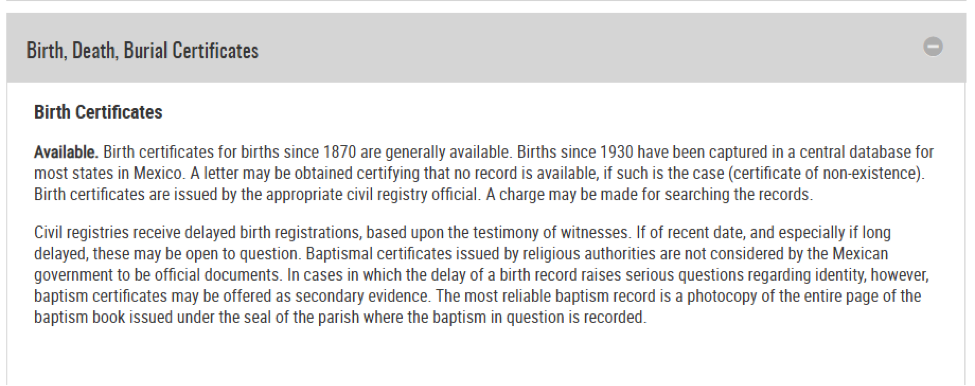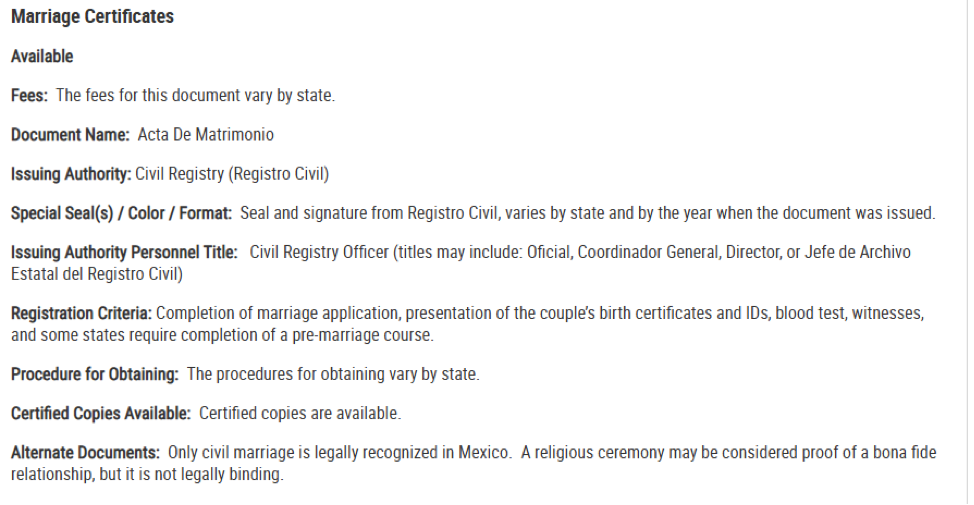Is Your Visa Case Stuck?
The process of getting an immigrant visa is already long and involves several steps.
Thus, visa case delays are frustrating for immigrants and their lawyers. There are several reasons why your immigrant visa case may get delayed. Here you’ll learn about different types of delays, why they happen, and what you can do about it.

Financial Sponsorship Delays (I-864 Issues)
One of the most common sources of visa case delays are problems relating to the applicant’s I-864, Affidavit of Support.
So what is the I-864? It is a form that all green card applicants are required to submit. Further, it is a contract between the Petitioner (U.S. Citizen or Lawful Permanent Resident) and the U.S. Government.
In exchange for letting the Petitioner’s relative come to the U.S. to live permanently as a green card holder, the Petitioner agrees to pay back the U.S. government if the relative ends up relying on the government for financial help. With the Form I-864, the Petitioner must show proof that he or she makes enough money that he can support the relative and pay back the government if needed. (The Form I-864 is used to determine if the applicant is a public charge.)
Because it is an important form, the U.S. government tries to be sure that it is properly completed and includes all the required documents.
Errors on the Form I-864
The Form I-864 requests names of the Petitioner, the Beneficiary (the person who is getting the green card) and information about where the Petitioner works and how much they earn. The I-864 requires that you complete the entire form with the information requested.
One common mistake is that the form is not completed correctly or is missing the information. When this happens, the NVC will request a brand new I-864. The most common mistake when sending the form to the NVC is leaving a question blank. The reviewing officer at the NVC wants to know if a space is blank because it doesn’t apply in your case or because you forgot to complete that part of the form.
Bottom line: fill in every blank, and for those answers that don’t apply in your case just write, “N/A.” Otherwise, the NVC is likely to send an email requesting more evidence, which will delay your case.
Missing documents
The next most common error is that you don’t provide all of the required documents for the I-864.
When the NVC is reviewing your case, it wants to know if the Petitioner makes enough money to be able meet the requirements. The NVC reviewing officer, therefore, wants to you to provide, at a minimum, your most recently filed federal income taxes and W2.
This sounds simple enough. However, the document requirements get more complicated when a Petitioner does not work, or has not filed their taxes, or is self-employed.
Bottom line: if you did not file taxes, you should file you federal income tax for the most recent year. If you received a form W2 or Form 1099 from your employer, make sure you provide it to the NVC. If you were not required to file federal income taxes, then submit a letter explaining why.
If you were self-employed, then you should submit the Schedule C that was filed with your income tax return, as well as documents to show that you own a valid business, such as a license or business registration. If you do not submit all the required document, then you it may results in a delay in your visa case processing.
Co-sponsor issues
Sometimes a Petitioner does not earn enough money to meet the government requirements. If that is the case, then the Petitioner must seek out a co-sponsor.
A co-Sponsor is someone who is making the same promises as the Petitioner about financially supporting the green card applicant and reimbursing the government if the applicant becomes a public burden.
Thus, the co-sponsor has to complete the I-864, submit tax documents, and send two other items of evidence: 1) Proof he or she is a lawful permanent resident or U.S. citizen; and 2) Proof or residence in the U.S. such as Land Deed/Title, Mortgage Statement, Rental Agreement or Lease, Utility Bill, or US Issued Driver’s License with Address.
Bottom line, when you using a co-sponsor, make sure he or she fill outs completely the I-864 and provides all of the required documents. Otherwise, you are most likely going to receive a notice from the NVC that your case will be delayed.
Police, marriage, and divorce certificates
Visa case delays also occur when the NVC rejects a foreign document as invalid. Thus, you have to be sure that the certificate you are submitting will be accepted.
To do this, you have to check the Reciprocity Table. This table is published on the U.S. Department of State’s website, and it provides the requirements for any category of document that you submit to the NVC. Making sure you have the right documents is key to preventing delay.
For example, an Applicant has to submit a birth certificate when applying for an immigration visa. For each country, the Reciprocity Table explains what forms of birth certificates will be accepted by the NVC and where to get it. To illustrate, let’s take a look at Mexico.

As you can see, the page offers some helpful information about when and how birth certificates are available as well as information about what to do if the document is unavailable. The NVC uses this as the standard for all documents it requires.
Here’s another example: Marriage in a church is something that many countries consider a lawful marriage. In Mexico, however, marriage through a religious ceremony is not considered a lawful marriage and, therefore, the NVC will not accept a marriage certificate issued by a church. See below:

Thus, in Mexico, a religious marriage ceremony is not legally binding.
This is a great example of the importance of reviewing the Reciprocity Table when submitting foreign documents. If a visa applicant from Mexico thought that a marriage through the Catholic Church was valid for immigration purposes, then he is likely to face significant visa case delays.
Bottom line: it is imperative that an Applicant consult the U.S. Department of State Reciprocity Table before submitting foreign documents to the NVC. This will save time, save headaches, and prevent any delays in your visa case.
Backlogs At The Consulate
Sometimes visa case delays result from backlogs at the consulate, where wait times vary.
For example, if your visa case is being processed through the U.S. Consulate in Ciudad Juarez, Mexico, the wait time is several months, given that this is one of the world’s busiest consular posts for Immigrant Visa processing. (Ciudad Juarez processes 10,000 cases a year.) Compare that with a U.S. consulate in a country like El Salvador, where an interview can be scheduled in as few as 6 to 8 weeks. Things can get especially tricky when dealing with immigrants from certain nations, like Cuba. Cuba does not have a U.S. consular post that processes Immigrant Visas. Therefore, Cubans must leave the country in order to obtain an immigrant visa.
That said, here’s one piece of advice. If you have been waiting for 6 months to be scheduled, a request to the NVC won’t hurt just to confirm that they have your case in queue.
USCIS's Failure to Move the Case to NVC
An uncommon but nonetheless devastating visa case delay happens when the United States Citizenship and Immigration Service (USCIS) does not transfer your case to the NVC after the agency has approved your I-130, Petition for Alien Relative.
Let’s review the process briefly. When a U.S. Citizen or Lawful Permanent Resident wants a family member to come live here permanently with a green card, that individual files an I-130 Petition with USCIS. The I-130 Petition is the application that gives a person’s foreign relative the opportunity to apply for a green card in the United States or abroad at a U.S. consulate.
Once USCIS has approved the I-130, this agency will send the case to the National Visa Center (NVC). The main reason that USCIS would not transfer the I-130 to the NVC is that the individual who did the I-130 informed USCIS that the Applicant (their foreign relative) will apply for a green card. In other words, USCIS would not send the case to the NVC to be processed for an interview outside of the U.S. if the I-130 stated that the foreign relative plans to file for their green card inside of the country. This means that the I-130 and the case are stuck at USCIS while your relative is abroad.
There is a solution though. You should file a form I-824, Application for Action on an Approved Application or Petition, with USCIS. In the form, you will be asking USCIS to send your case to the NVC for processing. Importantly, do not send this form simply because there is a delay in USCIS sending your case to the NVC. Before you file this form it is best to send a request to the Ask NVC to check the status of your case and call USCIS 1 (800) 375-5283 to make sure that the reason the case is stuck is because the I-130 Petition stated that the foreign relative would apply for a green card inside the United States. You do not want to use the form I-824 and pay fees unless it is absolutely necessary.



